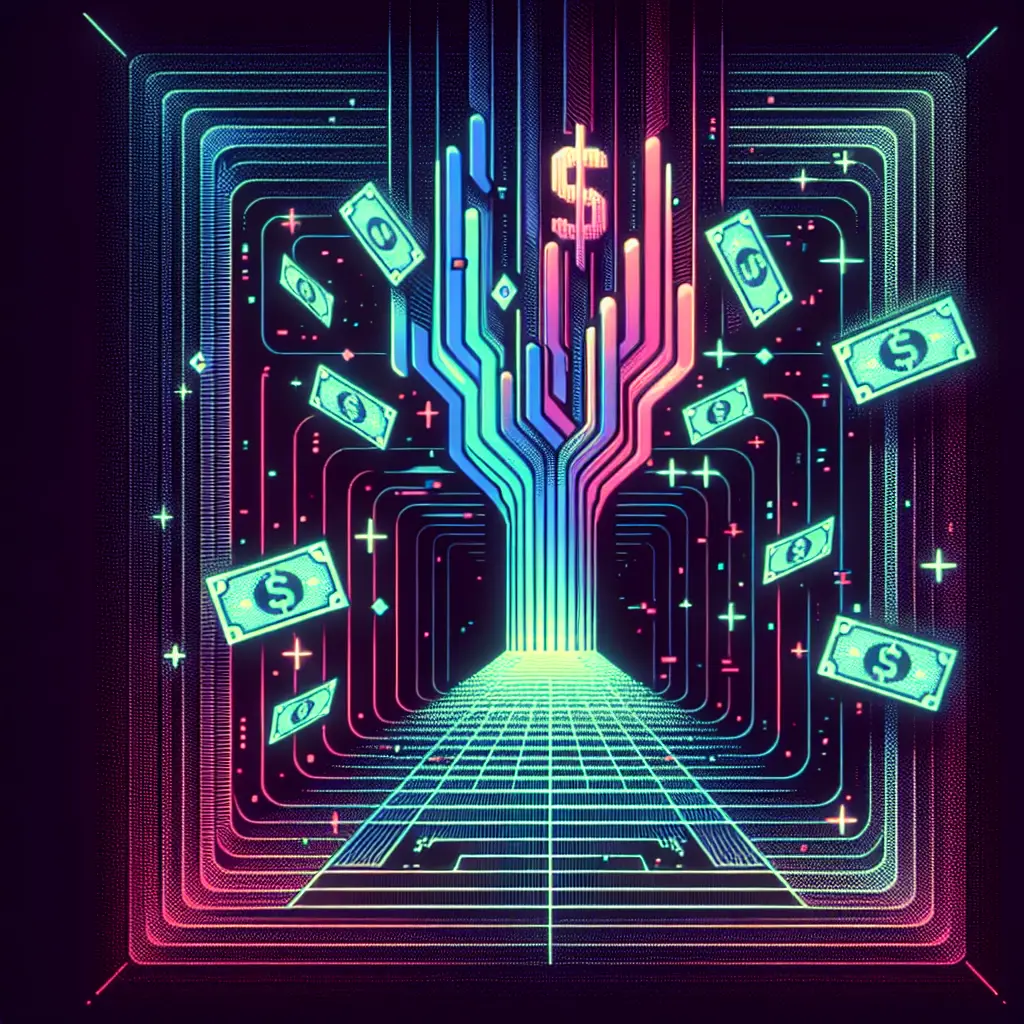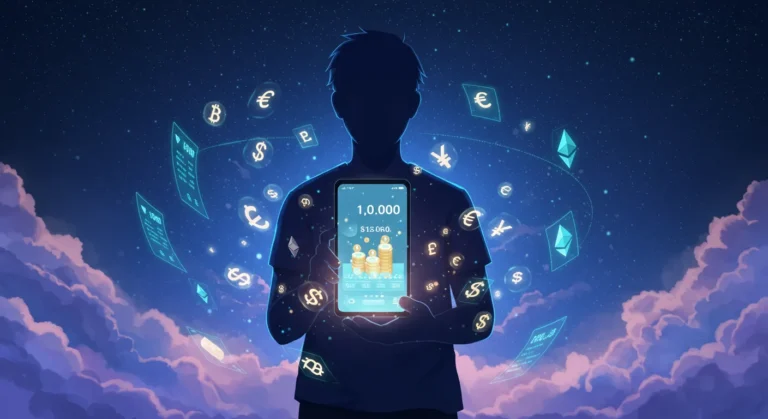Warning: Multitasking Is Stealing Your Best Writing. Here’s How I Broke Up With It.
If you had asked me a year ago, I would have sworn multitasking was my superpower. I used to juggle tabs, emails, and brainstorming sessions—all in the name of productivity. Spoiler: it never worked. It took one truly disastrous morning—coffee spilled on my keyboard while I replied to a client, lost an entire paragraph to a mid-thought distraction—for me to realize something had to change. This is the story of how I gave up multitasking for a month, and why my writing will never be the same.
Multitasking: The Illusion of Productivity (And My Crash to Earth)
Every morning, I’d juggle half-written drafts, endless browser tabs, and a buzzing phone—convinced that multitasking was the secret to writing productivity. The reality? My ideas scattered, stories blurred, and focus slipped away. Research shows multitasking effects are rarely positive; it divides attention and actually reduces efficiency. Still, I bought into the myth, believing I could outsmart burnout. Instead, I found myself losing track of narratives and missing deadlines. The warning signs crept in: fatigue, frustration, and that infamous coffee spill that left my keyboard sticky and my morning ruined. It was a wake-up call. As Steve Uzzell said,

Multitasking is merely the opportunity to screw up more than one thing at a time.
Burnout isn’t always dramatic—it sneaks up, fueled by fractured attention and the constant pressure to do more. It’s time to stop multitasking.
How Multitasking Sabotaged My Writing
For a long time, I believed that juggling multiple tasks would boost my writing productivity. In reality, the multitasking effects were the opposite. I missed deadlines, even on days packed with “busy” work. My word count shrank, not grew. Research shows that distraction and constant context switching are major enemies of writing flow. One email ping could derail an entire session, and it often did. My writing sounded—and felt—frenzied, lacking the depth I wanted. Even with longer hours, my actual output was smaller. The illusion of productivity was strong, but the results were clear: multitasking divided my attention and reduced efficiency. As the saying goes:
You can’t do big things if you’re distracted by small things. – Unknown
If you’re looking for real writing efficiency tips, multitasking isn’t one of them.

Trading Chaos for Clarity: My Decision to Single-Task
It started with a pep talk from a writer friend who swore by mono-tasking. I was skeptical—multitasking felt necessary, even if it left me scattered. But curiosity (and a bit of desperation) pushed me to try single-tasking for three days. The change was immediate. Slowing down made me feel smarter; focused writing brought a sense of flow I hadn’t felt in ages. My mind, usually fragmented, felt almost refreshed. Research shows single-tasking benefits include greater cognitive clarity and reduced stress, which directly improves writing productivity. Saying no to “quick peeks” at email was surprisingly liberating. The initial discomfort faded as I realized how rejuvenating it was to spend focused time on one task. As Cal Newport puts it,
Focus is the new I.Q.
—and I was starting to believe it.

Techniques That Tripled My Output: Getting Practical
When I stopped multitasking, my writing process changed completely. I started time blocking—setting aside distraction-free slots, putting my phone out of reach, and turning off notifications. Research shows that single-tasking like this boosts focus and output. I also began batch-checking email only at set intervals, which saved mental energy and kept me in the writing zone.
Using the Pomodoro Technique (25-minute sprints with 5-minute breaks) made writing feel like a game and helped me maintain momentum. Before each session, I’d create a rough outline—one of the best writing efficiency tips I’ve found. On idea-heavy days, voice-to-text software sped up my first drafts. And by sprinting through “bad first drafts,” I finally stopped letting perfectionism slow me down.
The secret of getting ahead is getting started. – Mark Twain

Shock and Awe: Results After 30 Days of No Multitasking
After thirty days of ditching multitasking, the results were hard to ignore. My writing output tripled—I finished three times as many pieces compared to the previous month. For the first time, I maintained a consistent daily writing routine, which made boosting writing output feel almost effortless. The quality of my work improved, too. I noticed it, and so did my colleagues, who commented on my faster turnarounds and noticeably calmer attitude.
The mental fog I used to battle each day lifted. With fewer headaches and less stress, my morale soared. Research shows that single-tasking can dramatically improve writing productivity and efficiency. The data from my own experiment backs this up: thirty days of steady output, no missed deadlines, and a real sense of satisfaction. As Thoreau said,
Success usually comes to those who are too busy to be looking for it.

Tips for Breaking Free from Multitasking
When I decided to stop multitasking, I started small—batching my emails instead of checking them constantly. This one change made a surprising difference. Research shows that small behavioral changes can lead to big productivity gains, so I focused on single-tasking sprints for my most important writing. I set aside blocks of time, silenced my phone, and tidied my workspace. These simple steps helped me build more productive writing habits.
After each focus block, I gave myself a small reward, like a walk or a coffee break. Positive reinforcement made it easier to stick to my new routine. I also asked a friend to check in on my progress, which kept me accountable. There was some discomfort at first, but as Frank Crane said,
Habits are safer than rules; you don’t have to watch them. And you don’t have to keep them either. They keep you.

Wild Card: The ‘Tornado Room’ Thought Experiment
Imagine sitting in a room where objects constantly fly past your head. It’s nearly impossible to focus, right? That’s exactly what multitasking feels like in my mind—a mental tornado that scatters thoughts and slows progress. Engineers often design systems to handle one task at a time for maximum efficiency. So, why shouldn’t writers do the same?
To see the multitasking effects for yourself, try a simple experiment: spend ten minutes writing with pure focus, then ten minutes switching between apps. The difference is striking. Research shows that visualization and short experiments like this highlight the power of focused writing techniques. Sometimes, you just need to shut the mental door and let the air settle. As Bruce Lee said,
The successful warrior is the average man, with laser-like focus.
TL;DR: Quitting multitasking wasn’t easy, but the payoff—a tripling in writing output and a calmer brain—was worth every awkward adjustment. My best advice: try a week of single-tasking and see how much you surprise yourself.
Editor @ Video-Blogger shares expert insights on digital content creation, YouTube strategies, blogging tools, and monetization methods to help creators thrive online. With a keen eye for emerging trends and practical know-how, Editor curates actionable posts that empower readers to turn passion into purpose.
Follow along for tutorials, growth hacks, and the real talk every digital creator needs.





